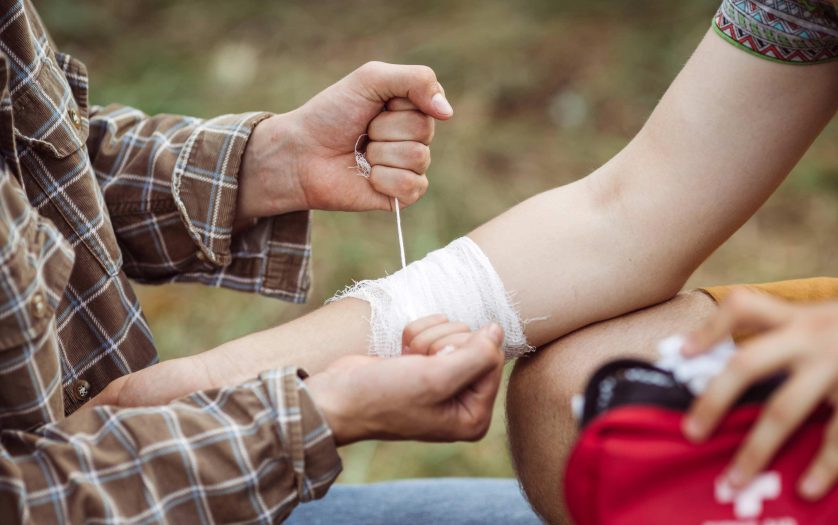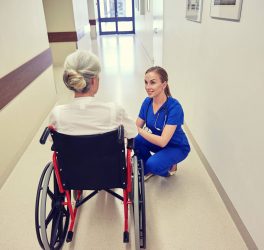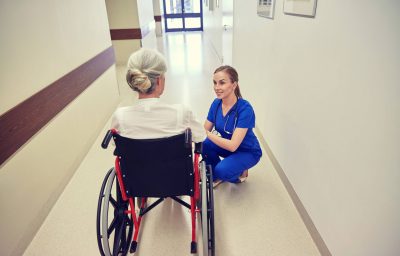
A new practical guide released by the World Health Organization (WHO) supports nongovernmental organizations to more effectively advocate for life-saving emergency care. Around the world, acutely ill and injured people seek care every day for medical, surgical and obstetric emergencies, including injuries resulting from road traffic crashes. The guide clearly defines the role that nongovernmental organizations can have and offers concrete actions for more effective and impactful advocacy.
Developed collaboratively by WHO, including the WHO Global Alliance for Care of the Injured, and the Global Alliance of NGOs for Road Safety, Advocating for emergency care: a guide for nongovernmental organizations is especially targeted towards nongovernmental organizations that operate with limited resources. It proposes a step-by-step advocacy framework that encourages its users to assess the terrain, prepare to act, take action and review progress. A series of case studies from around the world and links to useful resources are also included.
“Early recognition, resuscitation and referral save lives and improve outcomes for people with injuries, infections, heart attacks, strokes, asthma and acute complications of pregnancy – among other emergencies”, says Rudi Eggers, Director of the WHO Department of Integrated Health Services. “This new guide furthers WHO’s mandate to strengthen emergency care systems and support the development of quality, timely emergency care accessible to all.”
“Post-crash care is an integral component of the actions we promote as part of the Global Plan for the Decade of Action for Road Safety 2021 – 2030”, notes Etienne Krug, Director of the WHO Department for Social Determinants of Health. “Through a road safety lens, this new guide will help nongovernmental organizations to strengthen their knowledge and skills as advocates for emergency care, which is instrumental to preventing fatalities and reducing disability.”
“NGOs around the world are playing their part in achieving the Decade of Action for Road Safety 2021 – 2030 by advocating with their local and national governments to implement evidence-based interventions to prevent road traffic deaths and disability,” states Lotte Brondum, Executive Director of the Global Alliance of NGOs for Road Safety. “This guide, which includes practical examples and advice, equips them to advocate more effectively for post-crash emergency care, which has been proven to save lives.”








